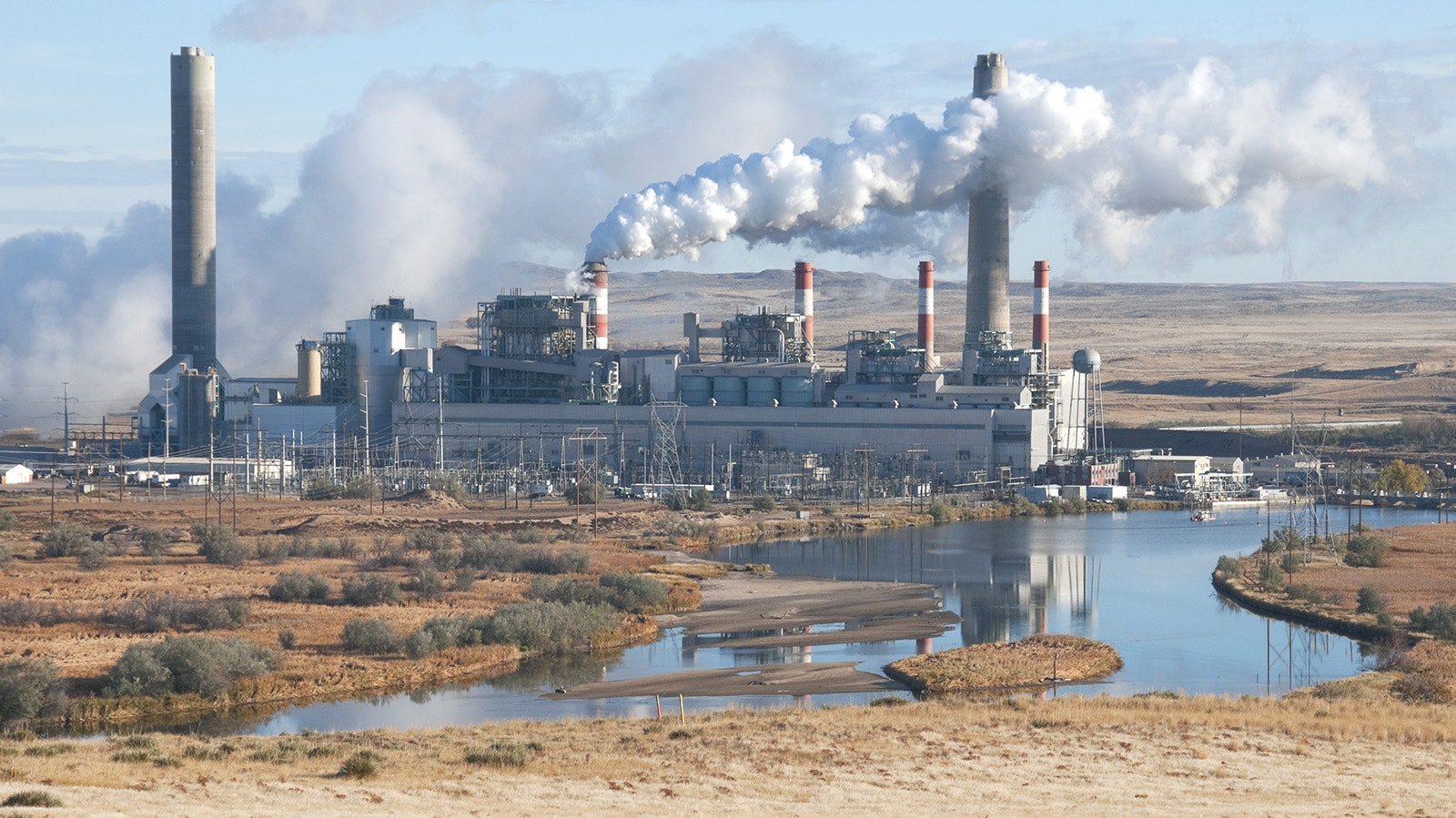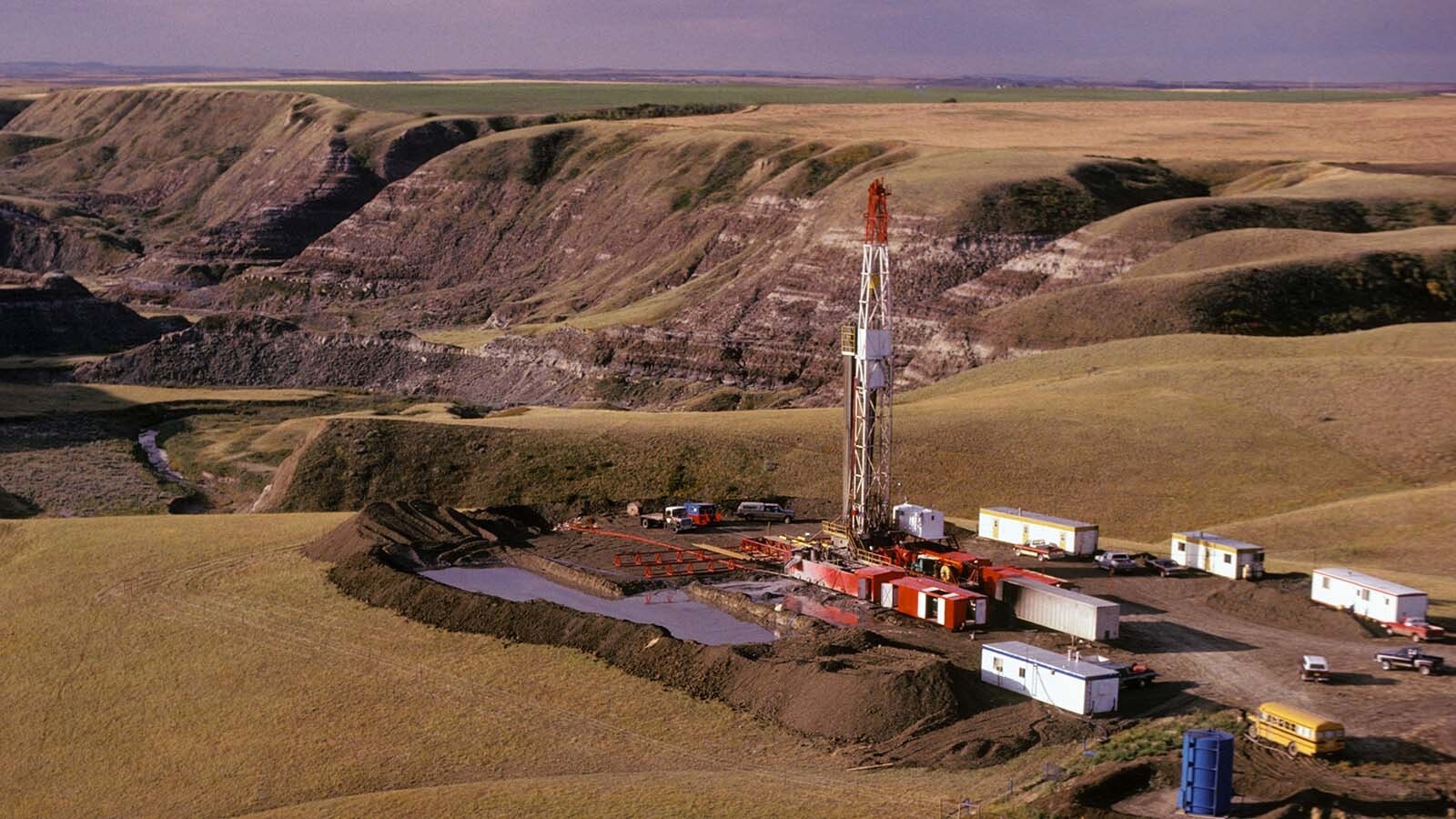The EPA released its proposed carbon pollution standards Thursday, which put restrictions on power plants for how much carbon dioxide they can emit, as well as pollutants such as nitrogen oxide and sulfur dioxide.
If the rules become final, it will be the first time the agency has limited greenhouse gas emissions on existing power plants.
Degradation
To comply with the regulations, almost all coal- and natural-gas fired power plants will need to capture their carbon dioxide emissions or shut down by 2038.
Critics say the carbon capture infrastructure needed to comply with the rules is now inadequate, and the timeframe doesn’t allow enough time for the technology to develop to a level where it’s cost-effective.
The EPA says in a statement the rule will save lives, but energy experts say it will force the U.S. electricity grid to rely more on intermittent wind and solar, which will threaten the nation’s ability to maintain a reliable energy supply.
“The grid has been destabilized in recent years by the enormous buildout of unreliable sources, and shutting down more coal plants will add to that degradation,” Travis Deti, executive director of the Wyoming Mining Association, told Cowboy State Daily.
Troubled Grids
At the Wyoming Energy Authority Next Frontier Energy Summit this week, Mike Nasi, who has been practicing environmental and energy law for 28 years, discussed the impacts of the proposed rule, as well as other regulations on the U.S. energy grid the EPA has been imposing under the Biden administration.
Speaking before the proposed rule was made public, Nasi said the rules were expected to prohibit the construction of new gas-fired power plants unless they run on hydrogen or are fitted with carbon capture technology.
“I have never seen our grid in such a tenuous position. We have official announcements coming from people who just don't make these kinds of announcements that their grids are in trouble,” Nasi said.
Lights Out
He said with planned retirement of as much as 50,000 to 70,000 megawatts of coal-fired power in the next two to five years, gas-powered plants are going to be needed to ensure grid stability.
“We're going to have to have natural gas, thermal dispatchable units to deal with that, and it still won’t be enough,” Nasi said.
The administration, Nasi explained, is signaling to the market that regulations will prevent any building of combined cycle natural gas plants, which use both gas and steam turbines, as well as limitations on other types of gas plants.
In his career, Nasi represents people “whose job it is to keep the lights on and generate electricity,” and they use everything — wind, solar, batteries and hydroelectric, he said. They also use coal and natural gas, which are referred to as thermal resources.
“The thermal fleet just cannot be done without,” Nasi said.
Shutting Down Wyoming
Deti said the rule will also impact the Wyoming coal industry.
“If you shut our customers down, you shut us down,” he said.
Among those customers burning Wyoming coal is Basin Electric Power Cooperative, which is the majority owner in the Dry Fork Station near Gillette. The cooperative serves 131 member cooperatives in nine states, including Wyoming.
“Because Basin Electric serves areas of rural America that endure extreme temperatures and other variabilities, reliability is critical for commerce and basic survival,” said Andy Buntrock, vice-president of strategic planning and communications for Basin Electric.
Buntrock said the cooperative’s staff is still reviewing the proposed rules and evaluating how they might impact Basin’s operations, but the initial conclusion is they’re not good for their members’ energy needs.
“We can already determine the proposed regulation attempts to force utilities into a decision to either install unproven technology on an unrealistic timeline that relies on infrastructure that is not yet available or prematurely retire power generation facilities,” Buntrock said.
The options threaten the affordability and reliability of electrical generation that Basin guarantees to its members, he said.
Tone Deaf
Gov. Mark Gordon issued a statement critical of the proposed rules, calling them a heavy-handed, top-down approach that will undermine innovation in carbon capture and carbon storage.
“One has to wonder if this administration has their head in the sand to be so tone deaf,” Gordon said in a statement.
The proposed rules, Gordon said, discourage states from using diverse energy resources to ensure energy independence and economic diversity.
“This misinformed, conflicting and altogether unworkable program ignores the essential role that carbon capture must play in a reliable energy future,” Gordon said.
Legal Action
Buntrock said that Basin Electric takes pride in how far it’s gone to reduce its carbon emissions, achieving a 30% decrease in its carbon intensity.
The cooperative is a participant in one of the world’s largest carbon sequestration projects, which has removed 43 million tons of carbon dioxide since 2000.
The EPA’s proposed rules violate the agency’s legal authority under the Clean Air Act, Buntrock said, and ignore technological realities.
“Basin Electric looks forward to continuing to work with state and local governments and the EPA to encourage the development of a balanced and reasonable final rule that cannot jeopardize affordability and reliability,” he said.
Deti said legal action over the regulation is likely.
“I think anything that comes out is going to wind up in the courts,” he said.
Kevin Killough can be reached at: Kevin@CowboyStateDaily.com





